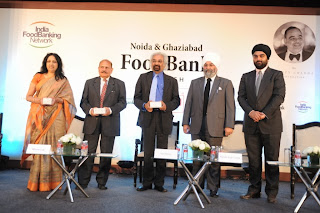India’s growth over the past few years has made it one of the rising economies worldwide. That growth however has not been inclusive, certainly not when it comes to public healthcare.
While towns and cities have banked on the economic spike and strong healthcare infrastructures have come up, rural India seems alienated from such benefits. There is extreme lack of facilities in some places and professional access is vulnerable.
The village of Shadipur Chiddoli brings out the real picture of India’s rural healthcare. In a village dominated by population of women and children, there is no regulated medicare facility which has left the villagers indisposed and vulnerable to disorders of joints and skin.
On learning of the state of affairs in the village, the Ponty Chadha Foundation, which is the CSR arm of the Wave Group, held a health camp on 3rd December, 2014 to spread awareness about common disorders and conduct free medical check-ups with doctors from the Indo German Hospital joining in.
Anticipating a huge gathering, the premises of a local school were brought into use. An examination and dispensing centre was set up and patients were asked to undergo mandatory registrations which began at 10 AM and continued on until the camp ended at 1 PM.
During the examinations, it came out that a high number of the villagers showed signs of developing skin, gynecological, and joint issues. On interacting with them, volunteers from the Ponty Chadha Foundation realized that lack of awareness and options were the leading causes for the villagers neglecting evident symptoms.
A session was then held educating the villagers on the advantages of timely treatment and early diagnosis. Some villagers who were found showing developing symptoms were referred to the Indo-German Hospital where they would be administered treatment and advanced diagnostics.
Rural healthcare is one of the areas of social welfare undertaken by Ponty Chadha Foundation, the CSR subsidiary of the Wave Group. Its outreach spans food fortification and special education. Under Vice Chairman Manpreet Chadha (Monty Chadha) the Wave group has gone on to become one of India’s leading realty conglomerates.












